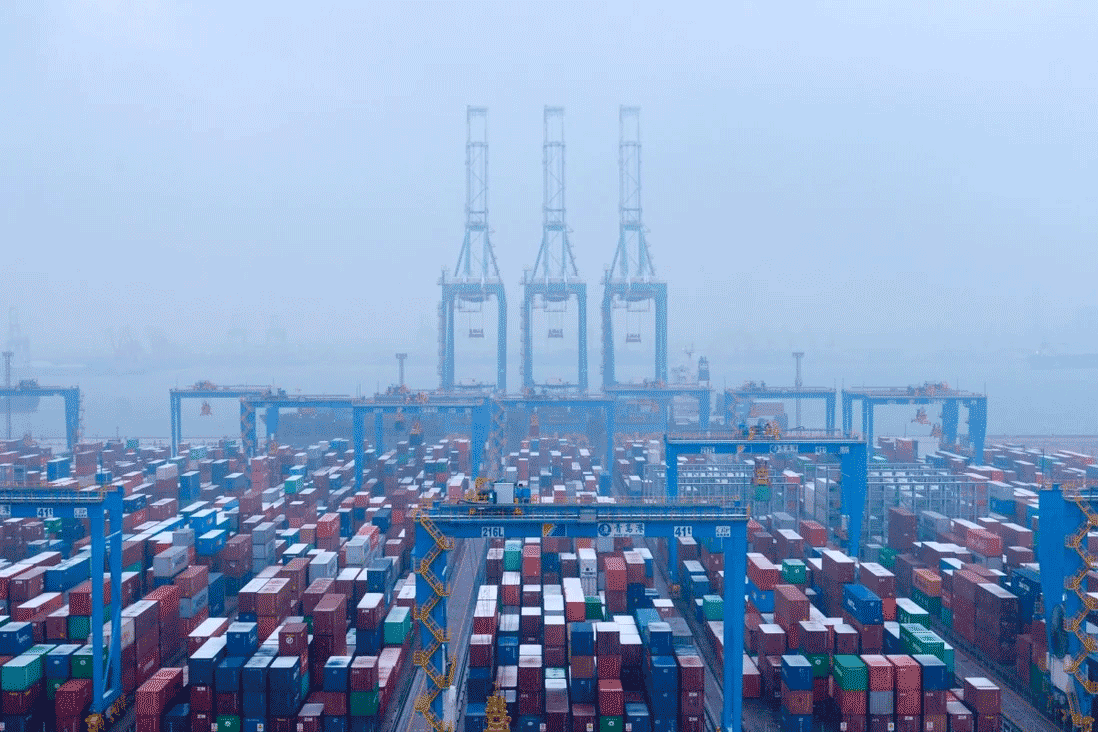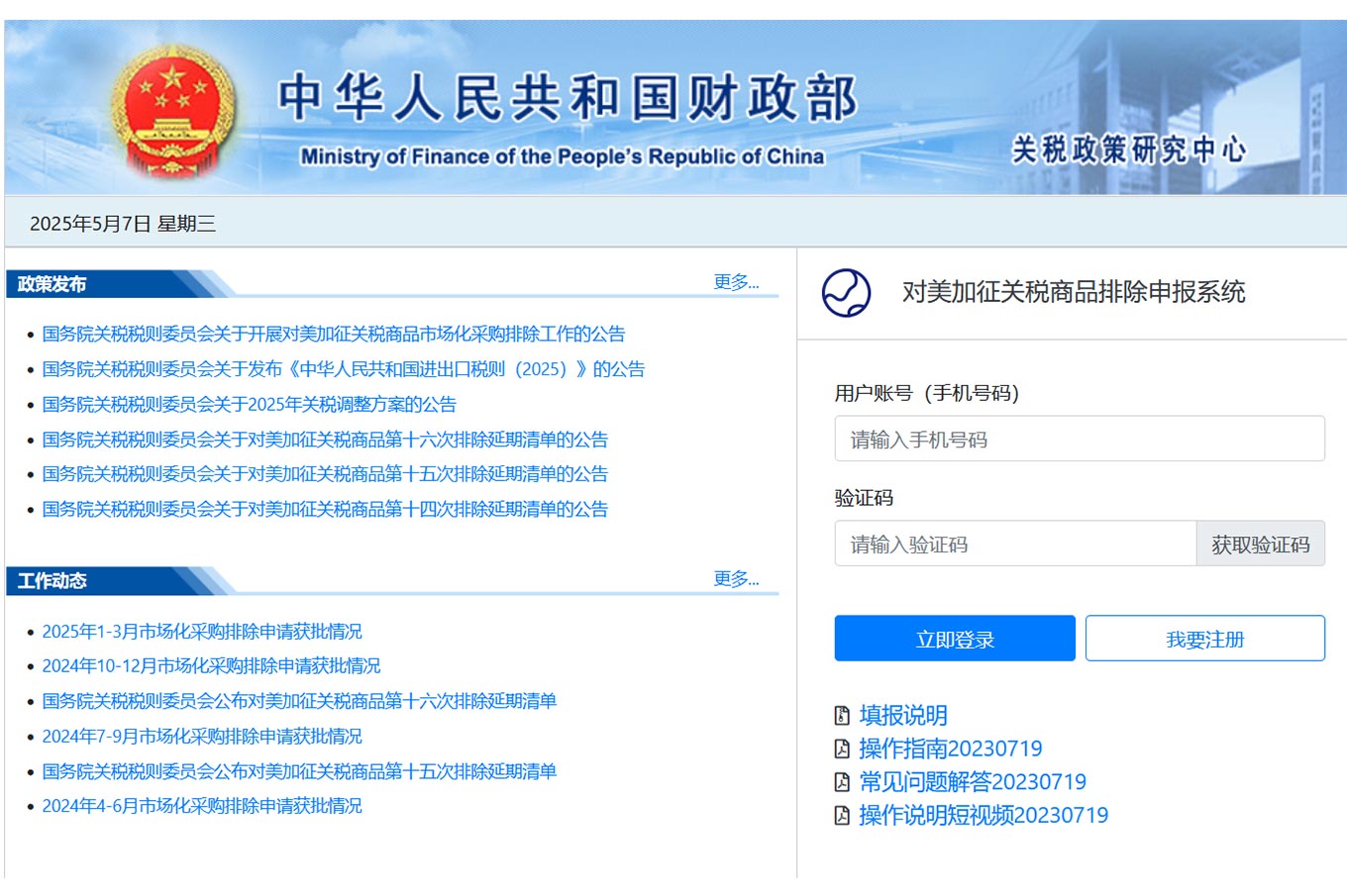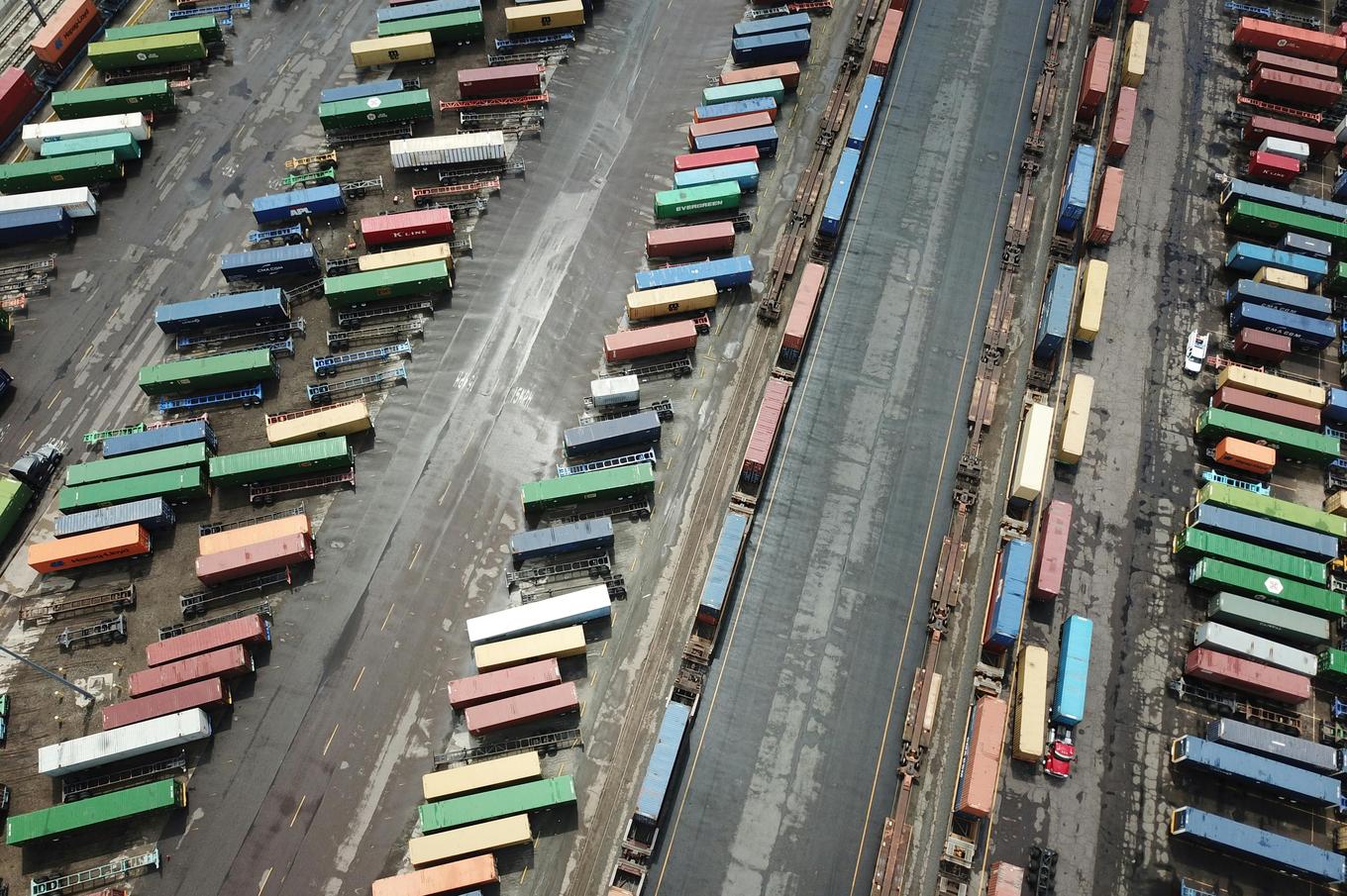- Shanghai Zhongshen International Trade Co., Ltd. - Two decades of trade agency expertise.
- Service Hotline: 139 1787 2118
The "Winter" of the Magnet Industry: The Impact of Rare Earth Controls
In 2025, the magnet industry is facing unprecedented challenges. Rare earth elements, as the core raw material for magnet production, have been designated as a key controlled resource by the state due to their strategic value, leading to increasingly stringent export restrictions. This has not only made sample shipments difficult and customs inspections more frequent but also led industry practitioners to lament that "the industry has become tough." To make matters worse, some courier companies in Shanghai, after being investigated for handling rare earth-related products, have even refused to accept such orders. The debate over whether rare earth controls are "choking the U.S." or "inflicting self-harm" has sparked heated discussions both within and outside the industry.
The Background and Logic of Rare Earth Regulation
The "Trump Card" in Strategic Games
Rare earth elements are hailed as the "vitamins of industry," indispensable in magnets, medical equipment (such as CT and MRI machines), and the aerospace sector. China possesses the world's most abundant rare earth resources, and export controls are seen as a strategic countermeasure against sanctions from the U.S. and the West. As industry insiders analyze, China's rare earth restrictions aim to establish a "switch mechanism" similar to the U.S. chip controls, limiting the flow of rare earths to the U.S. through third-party countries. This strategic move may impact the domestic magnet industry in the short term but could secure a stronger negotiating position in the long run.
Domestic law enforcement is becoming increasingly stringent.
Recent cases indicate an unprecedented level of control over rare earth elements. For instance, a rare earth enterprise in Guangxi faced severe penalties for regulatory violations, demonstrating that the state's oversight of rare earth exports has reached a "red line" level. Customs inspections of products containing rare earth elements have also intensified. Downstream products such as magnets, which contain rare earth elements like neodymium and dysprosium, often undergo additional scrutiny during customs declarations.
The Real Dilemma of the Magnet Industry
Sample delivery is hindered.
In the past, sending magnet samples was a crucial step in customer acquisition. However, nowadays, courier companies generally refuse to transport such items due to concerns that rare-earth-related products may be inspected. Even if they agree to ship, the samples might be detained or destroyed due to customs clearance issues, resulting in financial losses for businesses and a decline in customer trust.
Frequent customs inspection.
Magnet products, due to their content of rare earth elements, often draw special attention from customs during declaration. Some freight forwarders even advise "avoid rare earth products" to prevent delays in customs clearance. For small magnet enterprises reliant on exports, this is undoubtedly adding insult to injury.
Concerns of industry practitioners
Some practitioners worry that while the rare earth controls aim to "strangle the U.S. neck," they may also "cause self-inflicted harm a hundredfold." The magnet industry involves hundreds of thousands of workers, and export restrictions could lead to a sharp decline in income, affecting countless families. In the longer term, if medical equipment components cannot be produced due to rare earth shortages, it may impact the healthcare security of ordinary citizens.
The Dual Nature of Regulation: Opportunities and Challenges Coexist
Challenge: Industry Pains
Rare earth controls have caused significant short-term impacts on the magnet industry. Export restrictions have led to reduced orders, declining tax revenues, and even potential additional government expenditures to maintain stability. Ordinary practitioners bear the brunt, facing pressure from declining incomes.
Opportunity: The Chips in Strategic Gameplay
However, rare earth controls also carry strategic significance. As industry insiders point out, the U.S. is attempting to establish a rare earth supply chain outside of China, but it will take at least a decade to mature. During this period, China's rare earth "on-off switch" mechanism provides leverage in international negotiations. While controls may bring short-term pain, they could secure greater bargaining power in sectors like semiconductors and aircraft engines.
Coping Strategies: The Breakthrough Path for the Magnet Industry
1. Operate in compliance to mitigate risks.
- Standardized Declaration: Clearly specify the product name, material, and purpose in the customs declaration form, avoiding the use of vague or sensitive terms.
- Consult professional institutions: Collaborate with freight forwarders or customs brokers familiar with rare earth policies to confirm export feasibility in advance.
- Avoid sensitive operations: Suspend the shipment of samples containing rare earth elements, or opt for alternative materials with lower rare earth content.
2. Expanding diversified markets
- Expand the domestic demand market: Increase efforts to develop the domestic market, such asNew energy, the demand for magnets in fields such as medical equipment.
- Shift to non-sensitive countries: Prioritize cooperation with countries unaffected by rare earth regulations (such as Southeast Asia and Africa) to diversify market risks.
3. Technological Innovation and Alternative Solutions
- Develop alternative materials: Explore low-rare-earth or rare-earth-free magnetic materials to reduce dependence on rare earth elements.
- Enhance product added value: Through technological upgrades, develop high-performance magnets to enhance competitiveness in the international market.
Conclusion: Seeking New Opportunities Amidst Challenges
The export controls on rare earths have placed the magnet industry under severe challenges, but they have also sounded an alarm for enterprises to transform. Through compliant operations, exploring new markets, and technological innovation, the magnet industry is expected to find new opportunities amidst adversity. The rare earth game is a long-term strategy; while ordinary practitioners endure short-term pains, policy adjustments and market adaptation will ultimately bring balance. Let us wait and see how the industry embraces renewal amid challenges!
Related Recommendations
? 2025. All Rights Reserved. Shanghai ICP No. 2023007705-2  PSB Record: Shanghai No.31011502009912
PSB Record: Shanghai No.31011502009912










